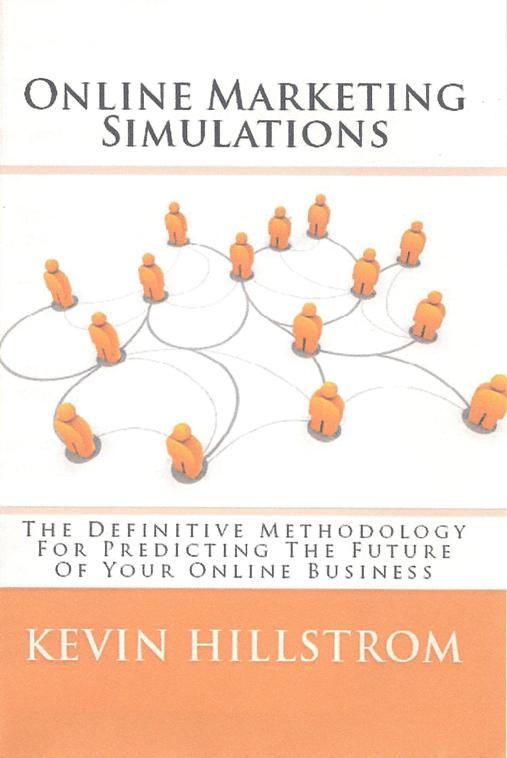Rebuilding: Mistakes
We began our discussion of rebuilding projects with a sports analogy. Football teams have "systems" ... on offense, they follow a "west coast" or "spread" offense. On defense, football teams employ a "4-3" or a "3-4" defense. When players have skills that are complementary to the system being employed, success is possible.
In Marketing, we also have "systems". Systems in Marketing are based on the existing capabilities of the Marketing team. I outlined five different Marketing Personality types ... The Organizer, The Miner, The Targeter, The Futurist, and The Strategist.
Each personality type represents a "system", when compared to football "systems".
The CEO hires an Organizer when the data infrastructure is in peril, or when simple customer reporting doesn't exist.
The CEO hires a Miner when the company doesn't have insights into customer behavior beyond standardized reporting.
The CEO hires a Targeter when the company knows how customers are behaving and needs to take action upon what has been learned.
The CEO hires a Futurist when the company is good at Organizing, Mining, and Targeting, but is stuck in the past, not pushing into new micro-channels like Social Media or Mobile Marketing.
The CEO hires a Strategist when the company is great at Organizing/Mining/Targeting, and is willing to take risks with a Futurist.
Here's what I've learned during twenty-two years in Database Marketing. Many marketing failures can be linked to an inability of Sr. Management to link the Analytics Personality with the needs of the company.
Too often, the CEO looks for a person that is above-average across all five Analytics Personality traits. There might be eleven people, world-wide, who excel at each of the five traits.
Too often, the CEO assumes that an analytics individual is good at the very trait the CEO is looking to hire. The CEO wants to hire a Futurist, but only interviews Miners. This is a recipe for failure.
Too often, the CEO assumes that an Organizer/Miner/Targeter infrastructure is in place, when truly, it is not in place. As a result, the CEO hires a Futurist/Strategist who does not have the tools to succeed. Remember, a Futurist/Strategist is dependent upon an Organizer/Miner/Targeter to achieve anything.
Too often, Executives are bamboozled by the vendor community. Web Analytics packages focus on Organizer/Miner capabilities, but sometimes these brands sell themselves as Futurist/Strategist tools. Conversely, consultants offer Futurist/Strategist capabilities without ever providing an actionable Organizer/Miner/Targeter infrastructure.
Too often, individuals over-sell themselves. The Targeter confuses her skills with those of a Strategist. For instance, I tend to be a "Futurist". Sure, I have "Strategist" tendencies, and I tend to have significant "Targeter" tendencies. But for the most part, I am a Futurist. This is why I turn down consulting projects that focus on building a database infrastructure. This is why I turn down projects that focus on building customer dashboards. Those are projects that require an Organizer.
Too often, companies fail to see themselves for what they are. Catalog companies, for instance, are obsessive "Targeters". They live for linking a customer with a paper marketing vehicle. Catalog companies do not want a Futurist or a Strategist pointing them in a direction that takes them away from their core competency of targeting via paper. When a Cataloger that loves Targeting chooses to hire a Strategist, you have a mis-matched systems.
Too often, a CEO fails to hire complementary skills. A CEO that wants to make all of the decisions is well-served by hiring an Organizer. A CEO that must make money RIGHT NOW is well-served by hiring a Targeter. A CEO that is obsessed with customer service needs to hire a Miner. A CEO that is being pushed to have a five year business plan needs a Futurist. A CEO that wants to evangelize customer understanding across the entire company needs a Strategist. When the CEO fails to hire for need, the opportunity for failure is increased.
Ok, it is time for your thoughts. You've read essays on The Organizer, The Miner, The Targeter, The Futurist, and The Strategist. What questions do you have? Do you think this framework makes sense for your business? Can you use this framework to make more successful hiring decisions? Does the quiz help you identify candidates appropriately?
Labels: Rebuilding


